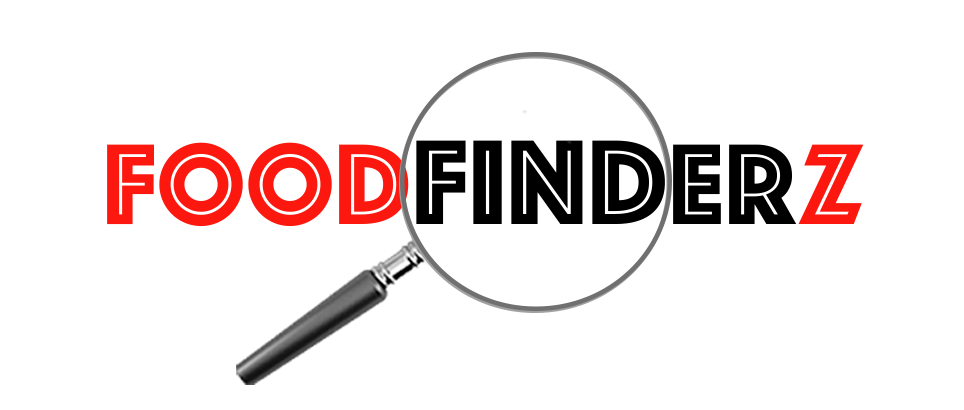- The Crucial Role of Supply Chain Optimization:
Supply chain optimization is a cornerstone of B2B food excellence. As businesses navigate a global marketplace, the need for streamlined, efficient, and responsive supply chain operations becomes paramount. Smart logistics introduces a range of technologies and strategies that redefine the traditional supply chain model, paving the way for a more agile and effective system.
- Real-Time Tracking and Visibility: Empowering Decision-Making:
Smart logistics thrives on real-time tracking and visibility throughout the supply chain. By leveraging technologies such as GPS tracking, RFID, and IoT devices, businesses gain instantaneous insights into the movement of goods. This visibility empowers decision-makers to identify bottlenecks, optimize routes, and proactively address issues, ensuring a more responsive and agile supply chain.
- Predictive Analytics for Demand Forecasting: Anticipating Market Trends:
Predictive analytics is a game-changing component of smart logistics. By analyzing historical data, market trends, and other relevant factors, businesses can anticipate demand fluctuations with greater accuracy. This enables proactive planning, reducing the risk of stockouts or excess inventory. The ability to predict demand ensures that the supply chain is finely tuned to market dynamics, enhancing overall operational efficiency.
- Automated Inventory Management: Streamlining Stock Levels:
Smart logistics incorporates automated inventory management systems that streamline stock levels and minimize errors. With the use of advanced software and technologies like RFID and barcoding, businesses can track inventory in real-time, automate replenishment processes, and reduce the likelihood of overstocking or stockouts. This automation not only enhances accuracy but also frees up resources for more strategic tasks.
- Blockchain for Enhanced Traceability: Ensuring Transparency and Trust:
Blockchain technology plays a transformative role in enhancing traceability and transparency within the supply chain. By creating an immutable ledger of every transaction, from the origin of raw materials to the delivery of the final product, businesses can ensure the authenticity and integrity of their supply chain. Blockchain not only fosters trust among stakeholders but also provides a robust solution for tackling issues such as food fraud and contamination.
- Collaborative Platforms for Supplier Integration: Strengthening Partnerships:
Smart logistics extends beyond individual businesses to include collaborative platforms that integrate suppliers, manufacturers, and distributors. These platforms facilitate seamless communication, data sharing, and collaborative decision-making. By forging strong partnerships and integrating suppliers into the supply chain ecosystem, businesses can respond more effectively to market demands and build resilient, end-to-end supply chains.
- Autonomous Vehicles and Drones: Revolutionizing Transportation:
The integration of autonomous vehicles and drones revolutionizes the transportation aspect of the supply chain. From self-driving trucks to aerial drones, these technologies enhance the speed and efficiency of product delivery. This not only reduces transit times but also contributes to cost savings and minimizes the environmental impact of transportation, aligning with sustainable practices.
- Cold Chain Technologies: Ensuring Freshness and Quality:
For the B2B food industry, maintaining the integrity of perishable goods is paramount. Smart logistics introduces advanced cold chain technologies that ensure optimal temperature control throughout the transportation process. From IoT-enabled temperature monitoring to refrigerated containers, these technologies safeguard the freshness and quality of food products, meeting the stringent standards of the industry.
Conclusion:
Smart logistics stands as a beacon of innovation in the pursuit of B2B food excellence. By integrating real-time tracking, predictive analytics, automated inventory management, blockchain, collaborative platforms, autonomous vehicles, drones, and cold chain technologies, businesses can optimize their supply chains for greater efficiency, transparency, and responsiveness. As the B2B food industry continues to evolve, embracing smart logistics not only elevates operational excellence but also positions businesses to thrive in a rapidly changing marketplace, ensuring that the journey from producer to consumer is marked by efficiency, reliability, and overall excellence.

